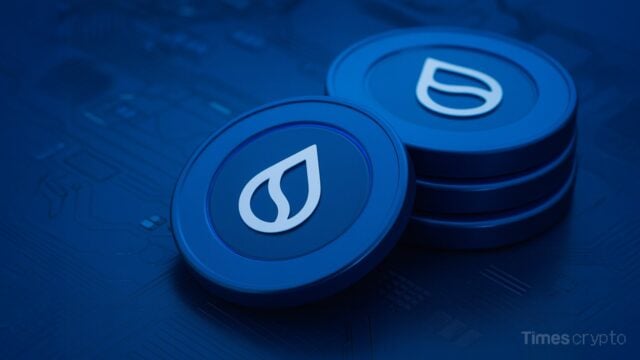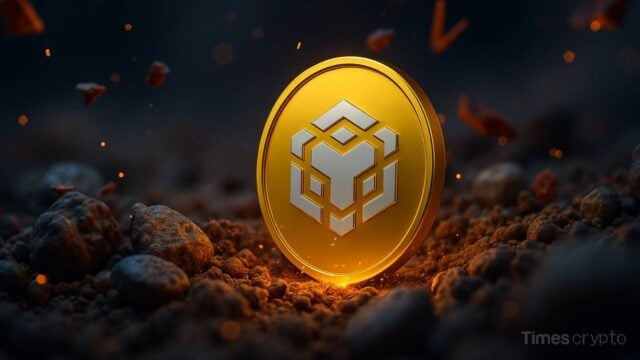Key points:
- B3 exchange to launch (ETH) and (SOL) futures on June 16, expanding crypto derivatives.
- Contracts will be priced in USD, tracking Nasdaq indices.
- Bitcoin futures size will be cut to 0.01 BTC for broader access.
- Stablecoins drove 90% of Brazil’s crypto flow as imports surged 60.7% in early 2024.
B3, Brazil’s largest stock exchange, is set to launch Ethereum (ETH) and Solana (SOL) futures contracts on June 16, following regulatory approval from the Brazilian Securities and Exchange Commission (CVM).
Brazil B3 Responds to Investor Demand
According to B3’s announcement, the decision to list new crypto derivatives was driven by growing investor interest in accessing digital assets through traditional financial channels. “B3 is offering new cryptocurrency derivatives instruments to meet the growing demand for products linked to crypto assets,” said Marcos Skistymas, B3’s Director of Products.
New Contracts Priced in USD with Nasdaq Indices
In contrast to the earlier Bitcoin futures, which were settled in Brazil’s local currency, the upcoming Ethereum and Solana contracts will be denominated in U.S. dollars. Their values will track the Nasdaq Ether and Solana Reference Prices.
Furthermore, each Ethereum contract will represent 0.25 ETH, and each Solana contract 5 SOL, with expiration set for the last Friday of each month.
Brazil Reduces Bitcoin Futures Contract Size
According to B3, the CVM also approved a substantial revision to Bitcoin futures: the contract size will shrink from 0.1 BTC (around R$53,000) to 0.01 BTC (roughly R$5,300).
This adjustment, also effective June 16, aims to lower entry barriers for smaller investors, enhance product liquidity, and reduce trading costs.
Cryptocurrency Ecosystem in Brazil
This announcement aligns with the significant progress Brazil has made in developing its crypto and blockchain ecosystem.
In April 2025, B3 launched XRPH11, the world’s first spot XRP ETF, through a partnership with Hashdex and Genial Investments, offering regulated exposure to XRP.
Additionally, the Central Bank of Brazil is advancing its central bank digital currency (CBDC), known as Drex. The initiative incorporates decentralized finance (DeFi) features and programmable payments to modernize the national financial system.
To further support digital currency adoption, Mercado Pago—the fintech arm of MercadoLibre—introduced Meli Dolar, a dollar-pegged stablecoin designed to offer Brazilian users a stable asset for everyday transactions.
These developments resulted in a 60.7% surge in Brazil’s net crypto imports during the first nine months of 2024—exceeding the total for all of 2023. This rise was driven primarily by stablecoins, which made up nearly 90% of the country’s crypto transactions.
Read more: Market Digest: Bitcoin touches $105K, Brent at $64.0 following U.S.-China Trade Progress







